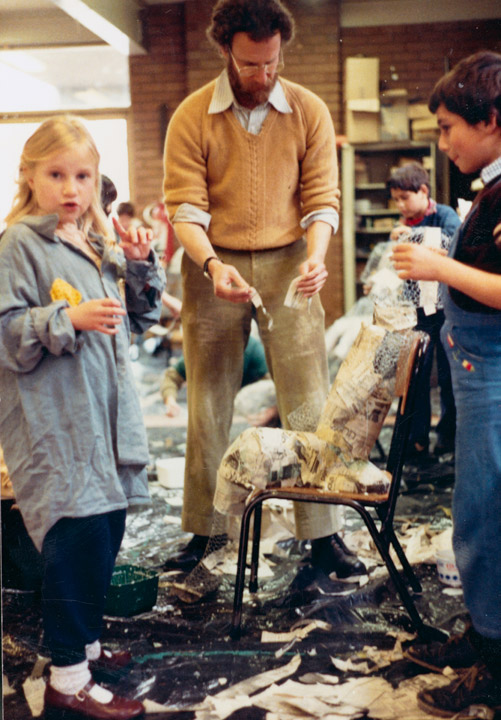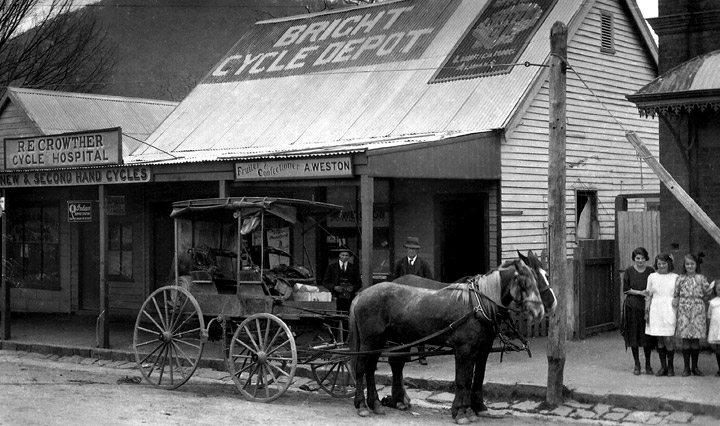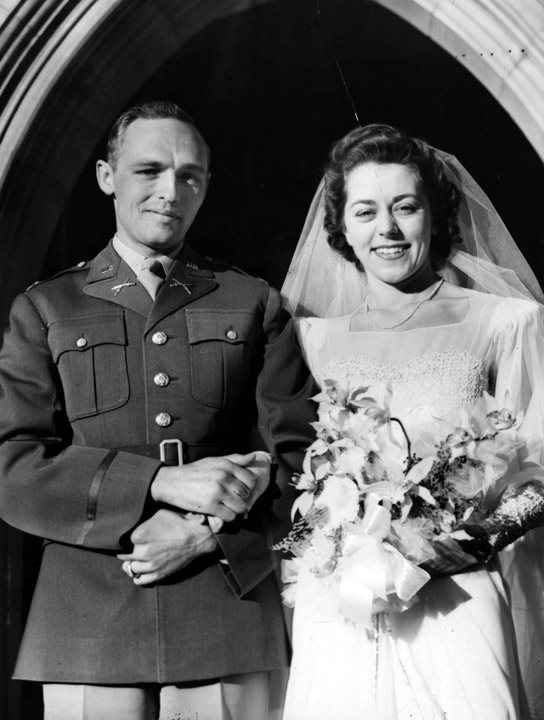USA
Immigration History from USA to Victoria
Three Americans were aboard the Endeavour when it sailed into Botany Bay, while Americans were amongst the early sealers and whalers who worked Australia’s coastline.
The Victorian gold rush of the 1850s attracted many miners from the United States, some of whom established the Californian Rangers Revolver Brigade, which participated in the Eureka Stockade. The American presence on the goldfields was also seen in the stagecoach company Cobb and Co, founded by Freeman Cobb. Hiram Crawford, a dynamic businessman, was responsible for the running of a number of successful businesses in Victoria. Other settlers made valuable contributions to Victoria’s rural industries, whilst Francis Clapp and son Harold, were instrumental in the development of the Victorian rail and tram systems. By 1854 there were 2,908 immigrants from the USA living in Victoria. This number fluctuated in the following decades, with 2,905 people recorded in 1891.
The American community in Victoria declined until the late 1940s when Americans were encouraged to take up the offer of Assisted Passage to Australia.
The 1960s was the beginning of a period of growth for the community in Victoria, with the arrival of Vietnam veterans and hundreds of teachers and academics who saw career opportunities in Australia’s growing education sector. By 1971 this community had grown to include a total of 5,279 people.
In 2011, there were 16,846 immigrants from the USA in Victoria, the majority of whom lived throughout Melbourne’s suburbs. The vast majority of the community were employed as professionals, managers and administrators within the property and business services industry. Supporting the American community in Victoria today, are a number of organisations, such as the Australian Society of American Descendants.



